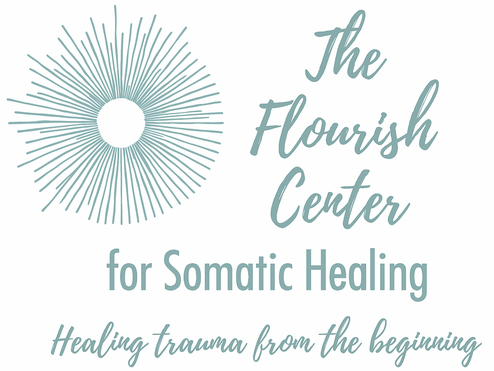Early childhood is a crucial period for emotional and psychological development. Unfortunately, for many children, this time is marked by trauma—experiences that can shape their lives in profound ways. Understanding the impact of early childhood trauma and how it relates to the Adverse Childhood Experiences (ACE) study is essential for parents, educators, and mental health professionals alike.
What is Early Childhood Trauma?
Early childhood trauma refers to stressful or harmful experiences that occur during the formative years, typically before the age of 18. These can include:
- Abuse: Physical, emotional, or sexual abuse can have lasting effects on a child’s mental health.
- Neglect: Failure to provide adequate emotional or physical care can lead to significant developmental issues.
- Household Dysfunction: Living in a household with domestic violence, substance abuse, mental illness, or parental separation can create a toxic environment for children.
The effects of early trauma can manifest in various ways, including anxiety, depression, difficulties in relationships, and behavioral issues.
The ACE Study: A Groundbreaking Research Initiative
The Adverse Childhood Experiences (ACE) study, conducted in the 1990s by the Centers for Disease Control and Prevention (CDC) and Kaiser Permanente, was one of the first large-scale studies to investigate the link between childhood trauma and long-term health outcomes. The study surveyed over 17,000 adults about their childhood experiences and assessed their current health status.
Key Findings of the ACE Study
- Prevalence of ACEs: The study found that a significant portion of the population experienced at least one ACE, with nearly two-thirds reporting at least one type of childhood trauma.
- Cumulative Impact: The ACE study highlighted the cumulative nature of adverse experiences. The more ACEs a person experiences, the greater their risk for various negative outcomes, including mental health issues, substance abuse, and chronic diseases.
- Long-Term Effects: Individuals with a higher ACE score—an accumulation of adverse experiences—are at increased risk for a range of health problems, including heart disease, diabetes, and mental health disorders.
- Intergenerational Transmission: The study suggested that the effects of childhood trauma can extend beyond the individual, impacting future generations. Children of parents who experienced high levels of ACEs may also be more vulnerable to trauma.
Why Understanding ACEs is Important
- Promoting Awareness: The ACE study has brought greater awareness to the prevalence and impact of childhood trauma. Understanding ACEs can help individuals recognize the roots of their struggles and seek appropriate help.
- Encouraging Prevention: By identifying risk factors and addressing them early, we can prevent the onset of negative outcomes associated with ACEs. Early intervention programs can provide support for at-risk families, helping to mitigate the effects of trauma.
- Supporting Recovery: Knowledge of ACEs can inform therapeutic practices, guiding mental health professionals in their approach to treatment. Recognizing the role of early trauma can lead to more effective, trauma-informed care.
- Advocating for Change: The findings of the ACE study can serve as a catalyst for policy changes aimed at supporting families and children. This includes advocating for mental health resources, parenting support programs, and community initiatives focused on reducing childhood trauma.
Pathways to Healing
Healing from early childhood trauma is possible, and many resources are available for individuals and families:
- Somatic Therapy: Trauma-informed therapy approaches, such as DARe attachment therapy, somatic bodywork, trauma-informed yoga therapy, and Somatic Experiencing, can be effective for processing and healing trauma.
- Support Groups: Connecting with others who have experienced similar traumas can provide validation and support.
- Mindfulness Practices: Techniques such as mindfulness, meditation, and yoga can help individuals regulate their emotions and reduce anxiety.
- Community Resources: Many organizations offer programs focused on trauma prevention and recovery. These resources can be invaluable for families seeking support.
Conclusion
Early childhood trauma is a significant public health issue that can have lasting effects on individuals and communities. The ACE study has illuminated the widespread nature of these experiences and their profound impact on health and well-being. By understanding the importance of early intervention, promoting awareness, and advocating for change, we can create a more supportive environment for children and families. Together, we can work towards healing and resilience, ensuring that every child has the opportunity to thrive.

